Everything changed for the Belarus with the 2017 decision to appoint Nicolas Alvarado Caporale as their new coach. The Spaniard’s arrival laid the foundations for a veritable beach soccer revolution in the eastern European country. Now, seven years on, Nico and his charges are gearing up for their third FIFA Beach Soccer World Cup™ in Dubai.
Following tough draws in the two previous editions, Belarus face another uphill struggle with Senegal, Japan and Colombia to meet in Group C. However, more than one respected voice in the sport believes the Belarusians are capable of winning the trophy.
“Belarus are dark horses and are very strong physically and tactically,” Spain superstar Chiky told FIFA. “They’ve been preparing well for a long time now are very hard to beat, and they’ve got a very clear idea about the kind of game they want to play.”
Everything changed for the Belarus with the 2017 decision to appoint Nicolas Alvarado Caporale as their new coach. The Spaniard’s arrival laid the foundations for a veritable beach soccer revolution in the eastern European country. Now, seven years on, Nico and his charges are gearing up for their third FIFA Beach Soccer World Cup™ in Dubai.
Following tough draws in the two previous editions, Belarus face another uphill struggle with Senegal, Japan and Colombia to meet in Group C. However, more than one respected voice in the sport believes the Belarusians are capable of winning the trophy.
“Belarus are dark horses and are very strong physically and tactically,” Spain superstar Chiky told FIFA. “They’ve been preparing well for a long time now are very hard to beat, and they’ve got a very clear idea about the kind of game they want to play.”
How does beach soccer today compare to back then?
I think the sport has evolved tremendously at all levels: technical, tactical and physical. Now it’s a professional sport. Today’s World Cups and beach soccer are very different to what I experienced starting out in the sport. I had some very nice experiences, as I was fortunate enough to share a dressing room with and play alongside some great footballers who had just retired, such as Michel, [Emilio] Butragueno, Abel [Resino] and Julio Salinas. Not many years before, I was collecting stickers of them, and then I have the good fortune to share conversations and experiences with them. Those were very beneficial as those players bring with them all their experience. It was a totally different sport then, more of a spectacle. Today it’s more professional. Obviously, the evolution of the sport, both domestically and at international level, has been huge.
Did you think about becoming a coach during your playing days?
To be honest, when I was playing, I was just focused on that. It’s true that when we used to train back then, it was not that structured – more like trial and error. At that time, I was more interested in playing than thinking about coaching. The opportunity arose once I stopped playing, when not having competitive games or the adrenaline that sport gives you felt like an itch I needed to scratch. That’s when the opportunity with Belarus arose and I didn’t hesitate to accept it.
What are you like as a coach? Is there any of Nico the player in your style and how have you grown since becoming a coach?
Nico the coach has about 90 per cent in common with Nico the player. I aim to instill my players with the hunger and energy I tried to bring to the sand, so there really isn’t much difference between the two Nicos. However, I do think I’ve changed in that I’m now much more analytical. I was always quite systematic, but not to the extent I am now. I’ve tried to develop in that regard as it’s fundamental for any coach. Aside from the psychological aspect, I try to listen and talk to the lads and wouldn’t consider myself a closed person. After all, when you’re dealing with other people you have to be very clear. As a player I was a bit more selfish, thinking a little more about myself sometimes, but now I try to make each of the players comfortable and at ease. In the end, you can only do that by being close to them.
What do you enjoy more: being on the sand or the management side of things?
On the pitch you enjoy it much more. You’re free, you’re a direct participant in what’s going on, so you can change the course of a game by being there. As a coach you do it in a more indirect way, and it’s much more complicated. You have to manage your emotions as a coach, which I don’t find that hard to do, but I’m much more nervous and tense in that role because obviously I can’t change anything directly. As a coach you suffer much more than a player. For the latter, when the game ends, you leave, you think a little bit about the match, and tomorrow is a new day. Not as a coach. When the game finishes, that’s when the real work starts. It’s a 24-hour job and it takes a much bigger toll.
When you arrived in Belarus, you’d never been to the World Cup as a coach, and now you’re heading to your third edition in a row. How have you achieved this?
With a lot of work. From the very beginning, the Belarusian federation, the ministry of sport and people involved in sport were committed to the development of beach soccer in the country. We’ve managed to assemble a group of very good and united players. But I’m telling you, it took a lot of work. It took many hours of training, as well as trying lots of training methods. A few years ago, we managed to take a huge step with our first World Cup appearance, and since then we’ve been working hard to stay at that level, which is not easy at all in Europe.
What are the typical attributes of Belarusian players?
Your Belarusian player is mentally strong, physically battle-hardened and tactically disciplined. He’s the kind of opponent you don’t like to face, someone who never gives up. It’s not a team of individuals but rather a rugged, tough and united collective. That togetherness gives them a strength that makes them very difficult to play against. I suffered it as a player on those occasions [when I faced Belarus]. I didn’t like how physical they got with you, regardless of whether we won or lost. The default approach of Belarusian players is serious and brave, accompanied by good composure and competitive spirit.
- نویسنده : محمدمهدی اسماعیلی رها

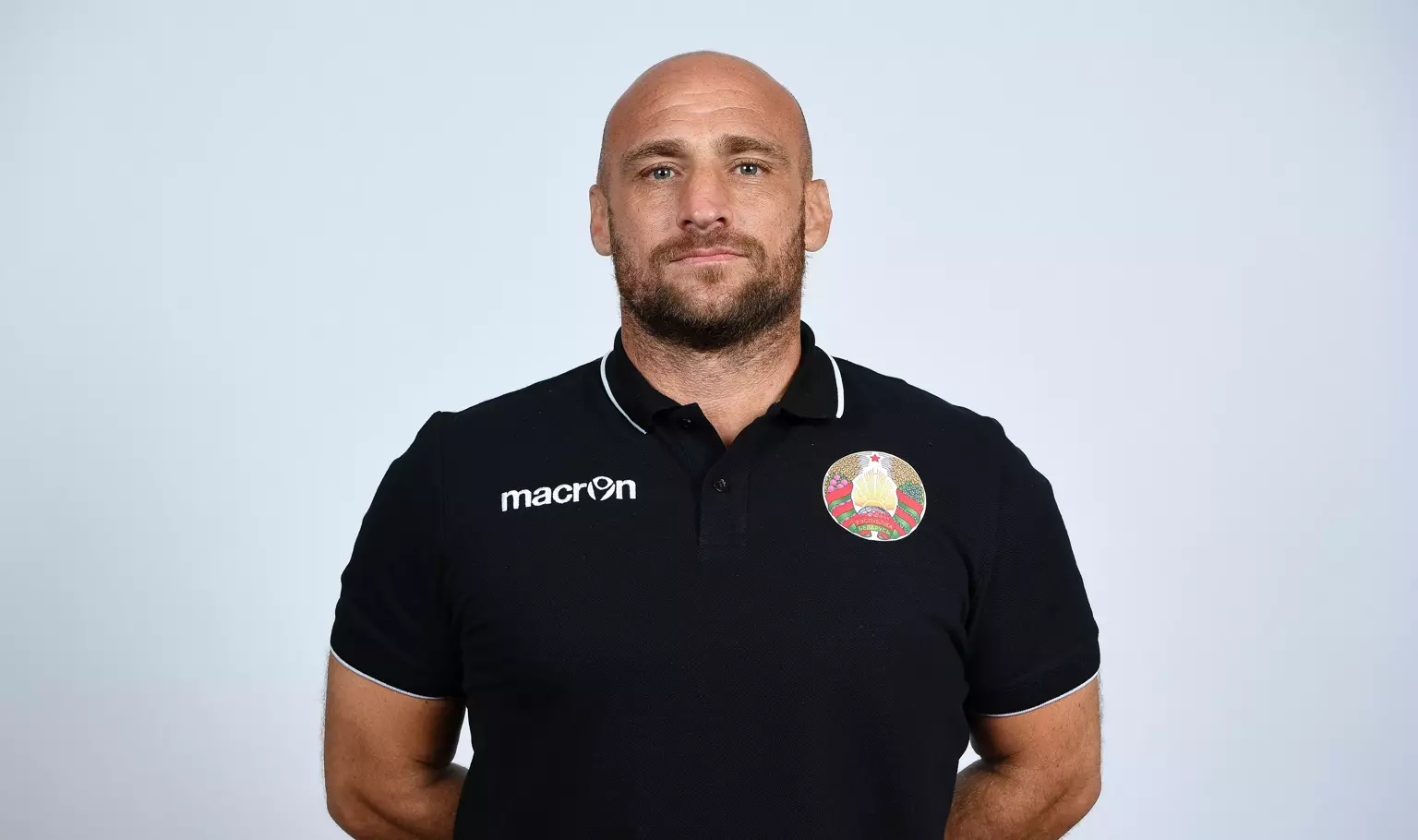

















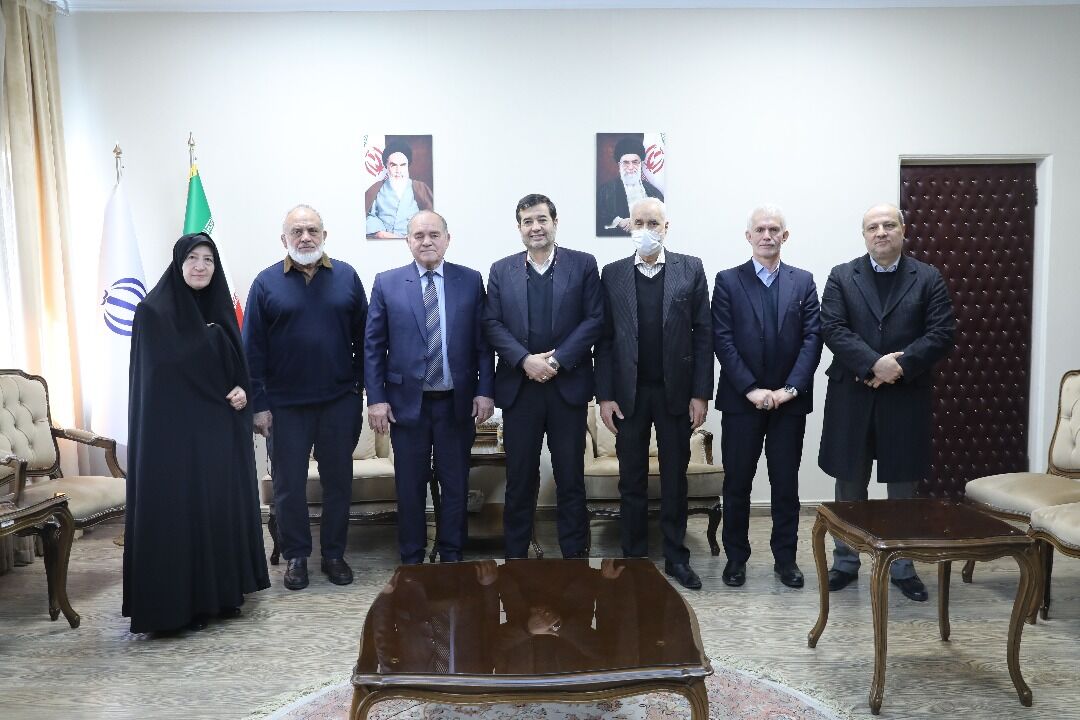
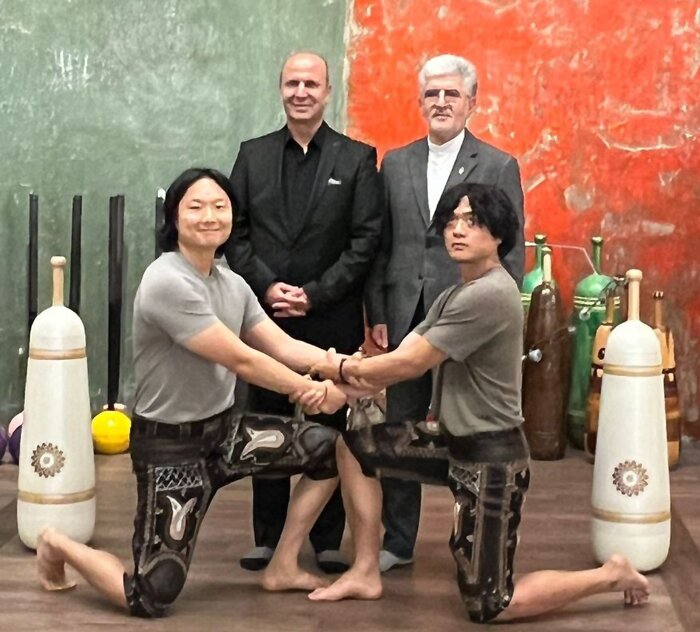
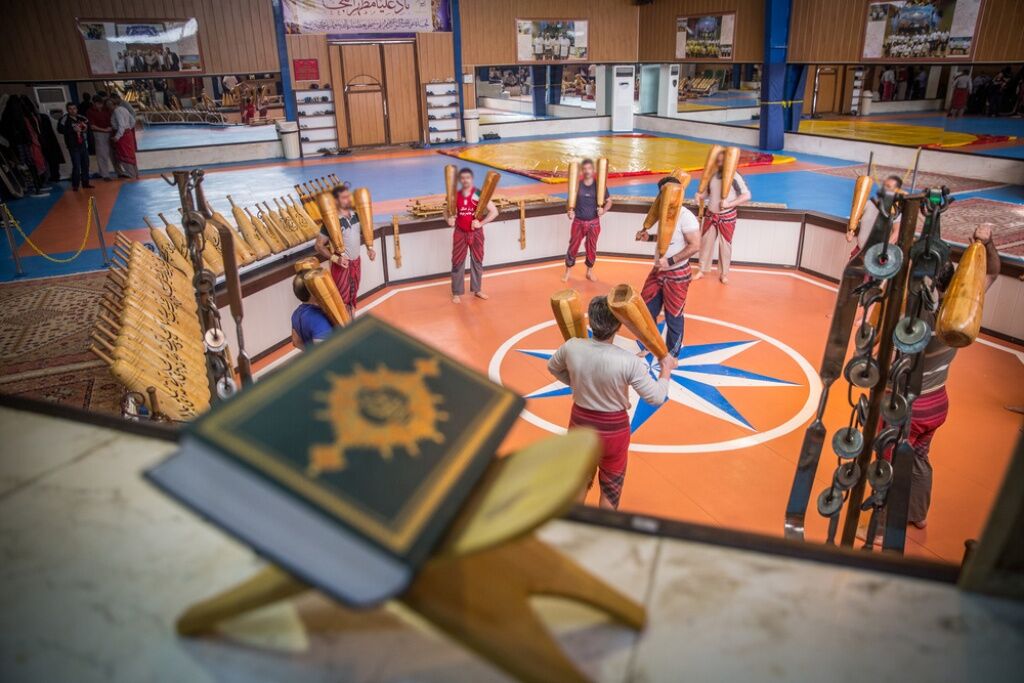
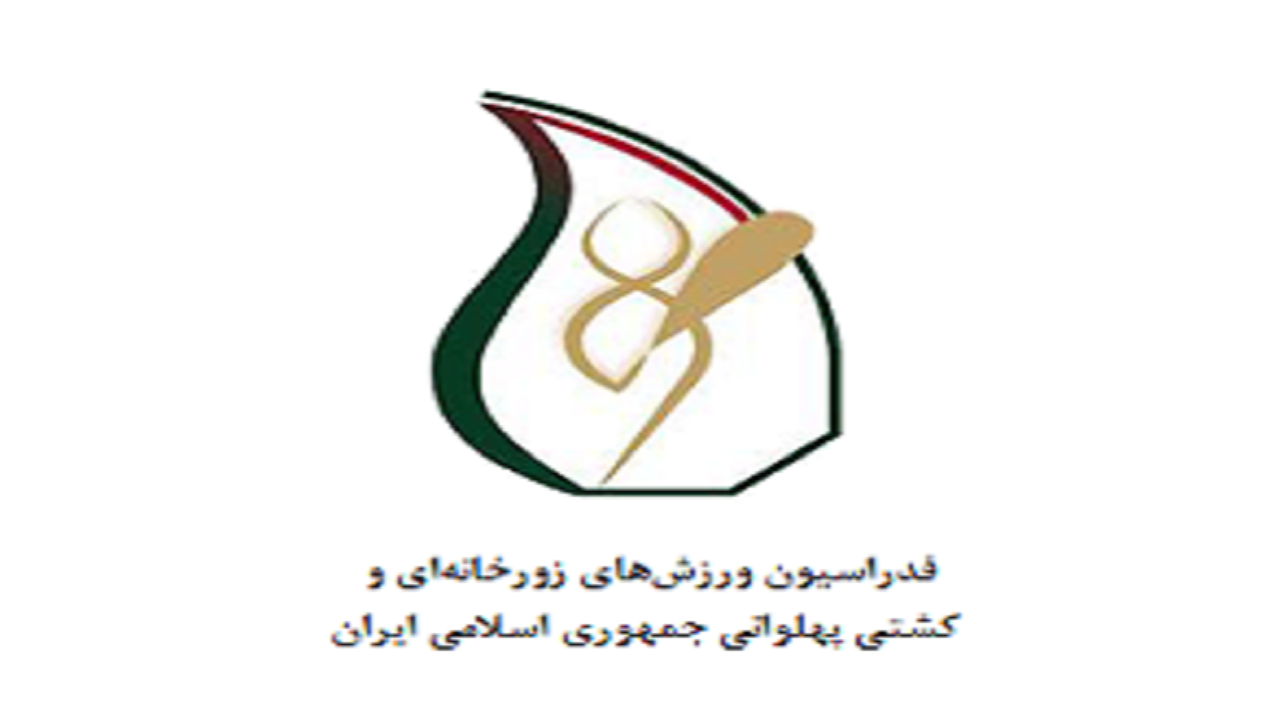







Wednesday, 16 July , 2025